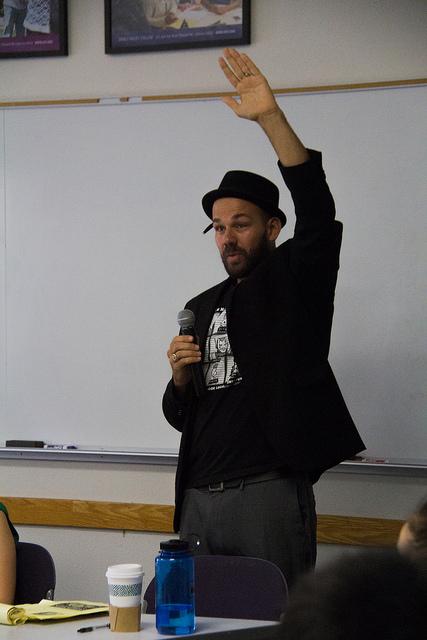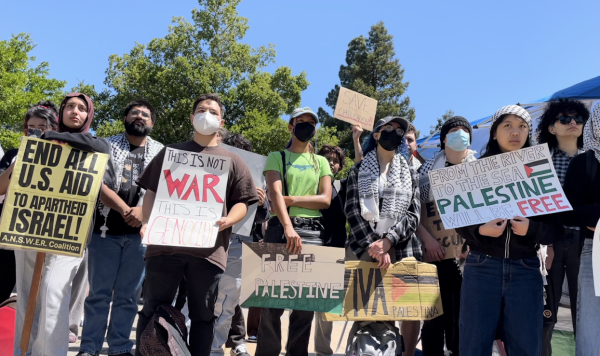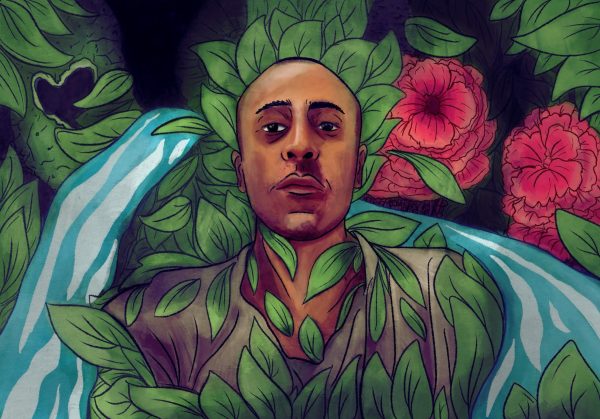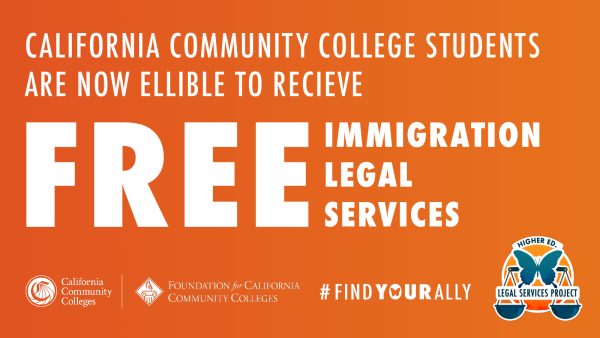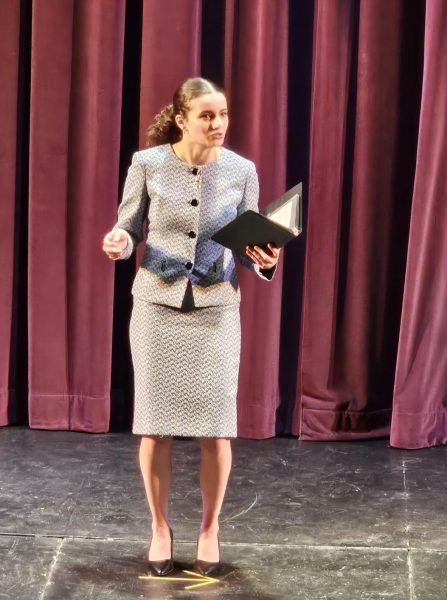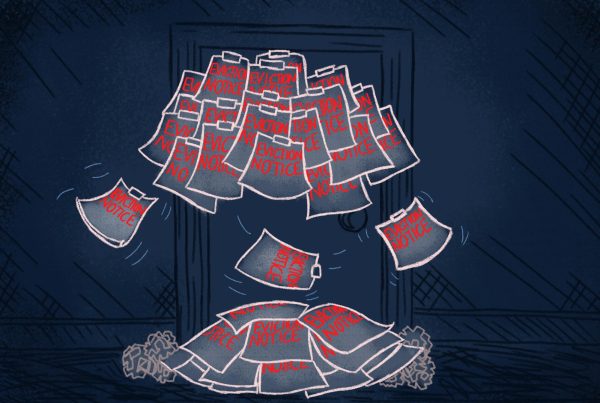From trigger warnings to graphic novels
Adam Bessie discusses how comic books have always been at the center of the fight for free speech in a lecture held at DVC on 16 September
September 23, 2015
Mickey Huff, professor and co-author of the Censorship book series hosted a panel on trigger words and freedom from speech spreading across college campuses. The panel included three other professors from DVC Adam Bessie, Hayley Laird and Laury Fischer. Trigger warnings are labels placed before words or books notifying the reader that some of the material might be distasteful or offensive to certain readers. This was a very timely lecture since September 17 was constitution day.
The First Amendment gets thrown around almost as much as a football, but little to no one actually knows what is protected under the amendment.
“Most Americans don’t know the five freedoms protected by the first amendment. Only 1 in 1000 know all five, but 25% of Americans can name five members of the Simpson’s family, so at least you are paying attention to something,” said Huff at the beginning of the lecture. “And a poll earlier this year stated 33% of Americans couldn’t name any freedoms protected by the first amendment.”
The First Amendment is one of the foundations to our nation and is currently coming under fire, according to Huff’s panel, due to things such as trigger warnings showing up in college professors syllabi across the nation. “Some institutions state that professors are required to warn students of potentially controversial material.” Huff said to the audience, “this is a well intentioned endeavor, while of course we can maybe mock it from a purist stand point it does come from a well intentioned view of creating a safe environment for tolerance and diversity.”
Adam Bessie also touched on trigger warnings through comic books and how comics have been the center of the fight against censorship. Bessie discussed an essay written by a Duke University freshman who refused to read the graphic novel Fun Home in his graphic novel literature class. Fun Home follows the life of author Alison Bechdel as she grows up to discover her sexual identity and works at a funeral home with her family.
“It’s not just a good book because graphic novel people like it, the author won the MacArthur genius grant,” Bessie said, “also the context made sense because gay marriage had just gone through so it made sense as a curricular choice because we could have a debate about it.” However the case was settled by placing a trigger warning across the book for sexually explicit content.
Bessie finished his portion of the lecture with this question about the freshman’s essay,” Everyone else here is talking about the right speech, but he’s arguing for the right to opt out of speech and disengage from speech.” Bessie then reads from the Duke freshman’s essay, “Cultural pluralism will loose its value if students are not allowed to follow their beliefs even if they are conservative, without genuine diversity intellectual dialogue and growth is stifled.” Bessie looks up from the essay and addresses the audience, “He’s saying I have a right not to expose myself to another way of life and that’s what diversity is.”
Huff also brought up the Foundation for Individual Rights in Education known as FIRE. This group fights for students rights to free speech on college campuses.
According to the Robert Shibley a member of FIRE said in an article with Reason.com, “When a college places limits on the topics their students can encounter, it effectively robs them of a complete education. To attend college is (or should be) to deliberately seek out an experience in which one will wrestle with humanity’s most serious issues. Students and professors must be able to discuss such topics like the adults they are.”
The lecture wrapped up with a Q&A from the audience and members of the panel stayed after the lecture to speak with students that were not able to ask questions during the Q&A. Where ever you stand on trigger warnings it appears they are here to stay. Will they truly effect teaching on college campuses? At this point, it’s still up for debate.





































































